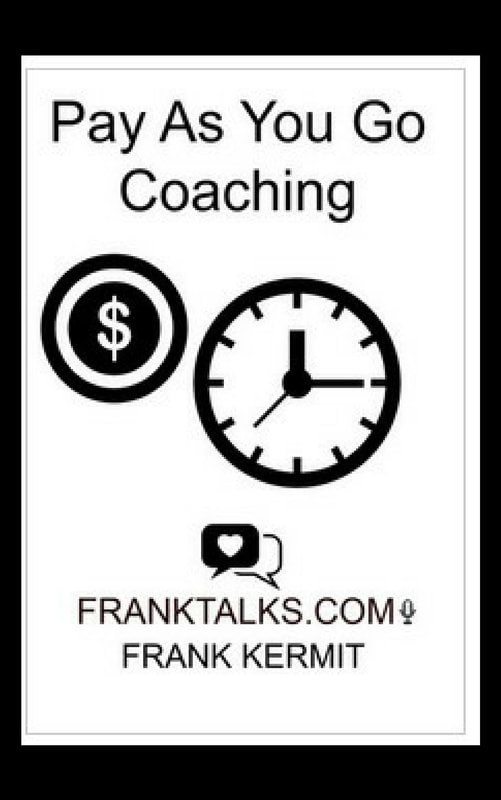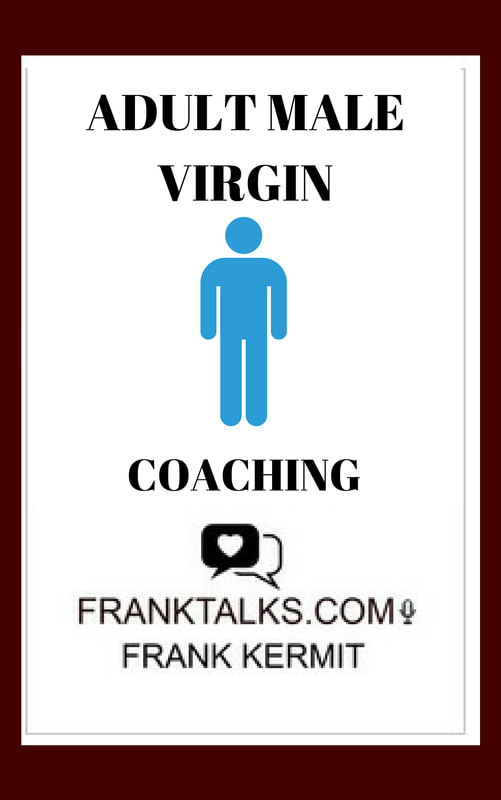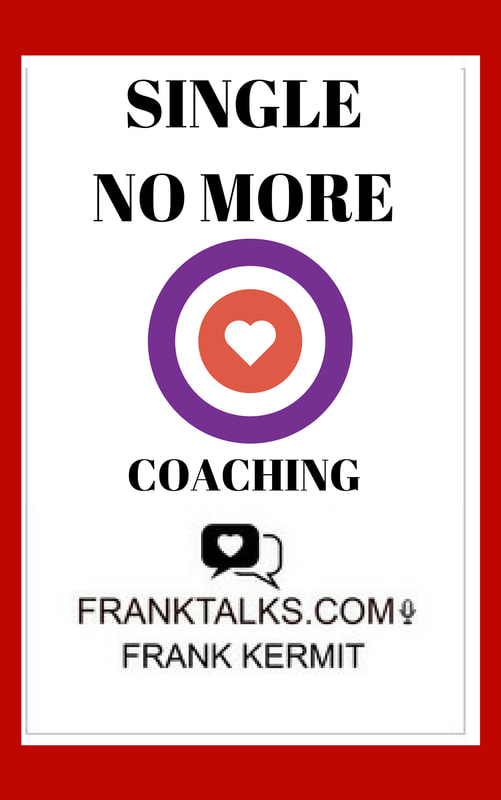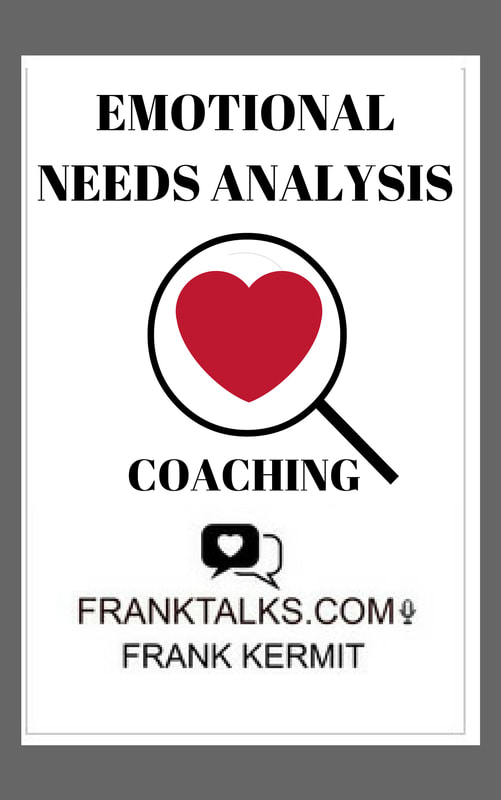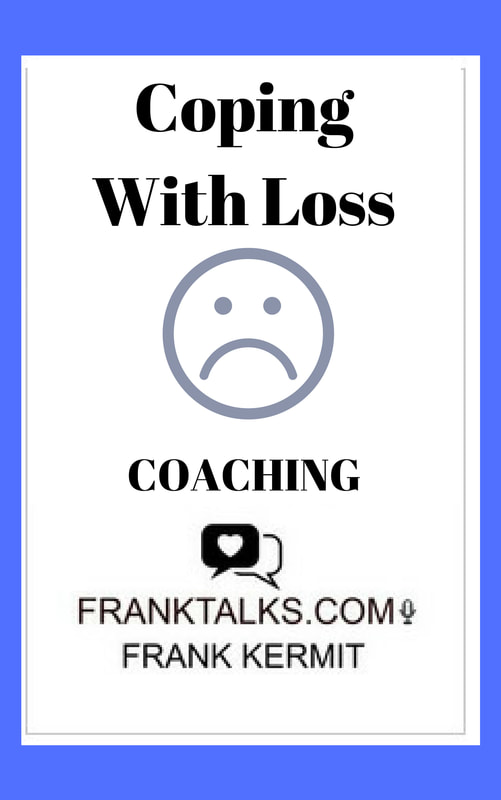|
Many people forget about their eye health in the wake of other concerns. However, you only get one set of eyes in your lifetime, and this means that it is important that you take care of them as best you can. Therefore, here are some of the tips that you should follow if you are desperate to improve the health of your eyes in 2024. 1. Get LASIK SurgeryIf your eyesight is poor and you are constantly struggling to read signs or look at objects far away, you might consider getting LASIK surgery. This surgery can help to reverse the damage that has been done to your eyes and can allow you to live glasses-free for years to come. Although your eyesight might start to worsen again over time, LASIK surgery can ensure that you can gain 20/20 or improved vision. LASIK can be especially useful for those who perform or play sports, as glasses can often get in the way of these activities. LASIK is a short and relatively stress-free procedure for most people, with a short recovery time; just look around for clinics that can offer LASIK eye surgery near Los Angeles 2. Get the Right GlassesOften, it can be easy to ignore your need for glasses. However, if you do not have the right prescription, you might find that you are constantly developing headaches and that your eyes are dry and strained all the time. This happens because your eyes will need to work harder to focus on objects and tire more easily. This can affect your quality of life and cause more damage to your eyes. Therefore, you should always return to your optometrist if you believe that you need new glasses or that your eyesight has worsened or improved. You might also consider replacing your glasses if you have been using them for a long time and they have become scratched. 3. Use SunglassesThe best sunglasses can help to protect your eyes from UV rays. They can prevent the sun from damaging your eyes and can stop you from getting headaches. They can also reduce your risk of eye diseases in the future. You should look around for high-quality and polarized sunglasses that can ensure that you are able to spend time in the sun without worry. If protecting your eyes is not enough to convince you to wear shades, sunglasses might also prevent wrinkles by stopping you from squinting when it is sunny outside. 4. Massage Your EyesMassaging your eyes can relieve eye strain and might even improve your sight if you make this a regular habit. Massaging your eyes can also relieve tension and allow you to relax. However, it is important to massage your eyes correctly. For instance, you should massage pressure points around your eyes in a circular manner to get the best results. You might also find that these massages make you look younger and help with any dryness that you are experiencing.
0 Comments
Suffering from a knee injury? This is one of the most common types of injury people sustain as there is a lot of daily wear and tear on the knee from general activities, particularly from high-impact exercise. Knee injuries can also be incredibly painful, interfere with your daily life, and take a long time to recover from. People often make the same mistakes when it comes to managing a knee injury, which could delay their recovery and even make the situation much worse by causing long-term damage. Therefore, it is helpful to know what these mistakes are so that they can be avoided. Read on to find out more. Not Seeing A DoctorPerhaps the biggest mistake people make is not seeing a doctor. While a minor knee injury will heal over time, there are many serious injuries that will require some kind of treatment. The knee is an incredibly complicated joint, and there are all kinds of injuries that can be sustained, so it is essential that you get a proper diagnosis. You should also follow your doctor’s treatment plan exactly. Pushing Through The PainIt is frustrating when you have a knee injury, as it can make daily tasks and exercise difficult and painful. This pain is your body’s way of telling you that something is wrong, which is why you need to avoid activities you find painful while recovering. It is not easy to accept, but you risk aggravating the injury and having a much longer recovery period if you do not listen to your body. Lack Of RestFollowing this, you should make sure that you are getting enough rest. Rest allows your body to heal itself, so you must dedicate enough time to resting with no weight on your knee each day. It is also important to get enough sleep each night, as this is when your body does its best healing work – you should aim for 7-9 hours a night (and even when you are not injured). Not Exploring Non-Surgical TreatmentKnee surgery is often recommended as a treatment option for serious knee injuries. While this can be an effective option, you need to be prepared for the fact that recovery from a serious knee operation can be difficult and take a long time. This is why it is always worth exploring non-surgical treatment options, such as cellular treatment. You can see a knee pain doctor in Asheville who can accurately determine the cause of your pain and develop a personalized treatment plan. Regenerative treatments like cellular treatment use your body’s own healthy cells to provide pain relief without surgery, and research shows that they can be highly effective at treating various orthopedic injuries.
These are a few of the most common mistakes that you will want to avoid when managing a knee injury. Knee injuries are frustrating because they can cause a lot of pain, take a long time to recover from, and interfere with your daily activities and ability to exercise. By avoiding these mistakes, you should get onto the road to recovery before long. Laser hair removal is a common alternative to traditional hair removal methods. It's safe, effective, and long-lasting. If you're considering this treatment, you've probably got some questions. So, if you want to unlock the secrets of hair removal, from how it works and the benefits, to what to expect on the day, read on! Here's everything you need to know. Understanding the ProcessFirstly, what is laser hair removal? The lasers work by targeting the hair follicles with concentrated light energy. The heat from the laser damages the follicles, so it stops future hair growth. Laser treatments are extremely effective on dark, coarse hair, but if you have light-colored or fine hair, it may still work extremely well for you, too. The Benefits!Now you know what it is, why should you do it? One of the key benefits of laser hair removal is that it's long-lasting! Unlike shaving, waxing, or plucking, which can be super time-consuming and only lasts a matter of days! Imagine being able to enjoy that freshly shaved feeling, all the time! Laser hair removal can target larger areas at a mine, making it quick and convenient. It can also easily reach those hard-to-shave areas. Preparing for Your TreatmentGetting laser hair removal in Miami is an investment in yourself! So make it a priority and ensure you don't miss an appointment. You'll be asked to wear protective eyewear when you go through the procedure, while a trained technician works on the area. While the laser works its magic, you may feel a mind sensation of heat or slight discomfort. Don't worry, that's normal, and most individuals find it mild and completely manageable. How long the session lasts will depend on the size of the area you want silky smooth and the density of your hair. Aftercare TipsAfter your session, you might encounter some feelings of irritation or sensitivity in the treated area. This is normal, and won't bother you for long. However, to protect the area during this time, it's essential to avoid sun exposure and hot showers. You can also soothe any irritation with soothing skincare products. Your technician will be able to advise what products will be the best. The Results!To stop hair growth completely and enjoy silky smooth skin, it's recommended that you have multiple sessions. However, you are likely to see some results after just one session! Depending on their hair and skin type, most individuals will opt for around 6 to 8 treatments, spaced several weeks apart. Certainly, it takes a lot less time than it takes to shave every week throughout the year!
Laser hair removal offers an effective solution to removing hair and achieving smooth, hair-free skin, so you're always ready to bare all! By understanding the process, preparing properly, and following aftercare guidelines, you can experience the benefits of long-lasting hair reduction. If you're tired of the hassle of shaving your shaving, plucking, and waxing, book in for your laser hair removal appointment today! Chronically worrying about how you look and the way other people see you significantly obstructs a healthy lifestyle. While caring about your appearance is sensible to a certain extent, obsessing about insecurities isn't. Here are a few practical tips for feeling more confident about your appearance and learning to care less about what others might think. Reframe Your Perspective Optimism is often conflated with foolishness. Many people believe that being pessimistic is the most adult way of perceiving reality. However, this is a common psychological mistake. Human brains are wired to see the world through a negative lens for survival purposes, but that doesn't mean rejecting optimism and positivity is more sensible. To begin the process of rebalancing your mind to accept positivity with as much willingness as negativity, try listing aspects of your appearance that you like. Make a habit of deliberately finding external features you admire about yourself, and soon you will realize that your negative self-image isn't necessarily the most accurate view. Solve Specific Insecurities In some cases, addressing a physical insecurity directly can be beneficial. Some people aren't insecure about their whole appearance but rather just one aspect of it. For example, if you want to change the shape of your nose, then look for rhinoplasty in Denver Colorado. If one major perceived flaw bothers you more than anything else, you may find that once it's addressed, you feel much better about your overall appearance. Of course, this depends on the nature of your insecurity and your self-esteem in general. Avoid Unnecessary Comparison Comparing the way you look to how other people look is extremely detrimental to your mental health. Either favorably or unfavorably, comparison reinforces the idea of hierarchies among individuals that don't serve any purpose other than to cause insecurity. When you catch yourself thinking about how someone else looks in relation to yourself or another person, challenge the thought instead of indulging it. Comparing people based on their looks is rarely a sensible or logical way of seeing the world. Even if you compare yourself favorably to someone else, this opens you up to harshly judging yourself in the future when you encounter someone you perceive to be better-looking. Nurture empathy towards others, and you'll soon notice that the voice in your head speaks more kindly to you, too. Talk to a Therapist Self-esteem and the way you view your outward appearance is a complex topic that isn't easy to explore by yourself. If thoughts about the way you look won't leave you alone, talking to a trained therapist might be the best option. They can speak to you about practical methods designed to take your mind off your anxieties and build better mental habits around insecurity. A therapist can also provide much more detailed and personal assistance than other forms of self-help. When you learn to balance caring about your appearance and knowing when it doesn't matter, you will feel more confident about your looks and your mental wellbeing.
Embarking on the exploration to find the perfect pairing for your favorite curry can be as exciting as the dish itself. This blog post will help simplify that journey, offering choices that enhance and complement the rich flavors of your curry. So, before you throw in the towel wondering how you can change things up a bit, take a moment to consider some of these pairings. Rice: It Shouldn’t Be An Afterthought Let’s start with rice, the quintessential partner for curry. Moving beyond the standard white variety, consider basmati for its aromatic flair or brown rice for its wholesome, nutty character, or even a crowd favorite - Pilau rice. These options not only enrich the overall taste but also add a touch of sophistication to your meal - the rice is the foundation for your delicious curry, so choosing the right partner is absolutely vital! Elevating Naan To New Heights Naan bread, the versatile companion, is more than just a tool for scooping up curry. Its soft, pillowy texture is ideal for absorbing those rich flavors infused into your curry sauce. To add an extra dimension, try garlic naan or cheese-filled naan, transforming a simple bread into a feature dish in its own right. Salads: A Refreshing Contrast A cool, crisp salad can provide a delightful contrast to a warm, spicy curry. Consider combining cucumbers with mint and vinegar or a tomato salad accented with fresh lime. These light, fresh sides are perfect for balancing the intensity of your curry - you know, for those curries that feel like they could burn a hole through your tongue if you take another bite. These salads ease the burn and counter the spiciness, which will help you enjoy every bite from start to finish. The World Of Chutneys And Pickles Chutneys and pickles bring an essential burst of flavor to any curry dish. Whether you prefer the sweetness of mango chutney or the bold kick of a lime pickle, these condiments add layers of flavor, making every bite interesting with an extra layer of something new. Make your own or find a store bought one - the options are endless with chutneys and pickles. Choosing The Right Beverage Beverage pairing is crucial when enjoying curry. While a classic beer or glass of wine always works well, consider branching out to new more exciting drinks. Learn how to make a martini like this, and your next dinner party will take off without a hitch. The crispness of a well-made martini can surprisingly complement the rich flavors of a curry - sounds a bit wild, but it’s true! For a non-alcoholic option, a lassi is excellent for its cooling properties against the spice - just be sure to make or buy the right flavor lassi for the curry you’ll be serving. Desserts That Compliment Curry After a spicy meal, a sweet dessert can be incredibly satisfying. Indian sweets like Gulab Jamun or something modern like a cool, sweet sorbet are perfect for this. They offer a soothing finish to the complex flavors of curry, providing a harmonious balance to end the meal and finalize the night. Your Curry Pairing Adventure In the world of curry, the possibilities for pairings are endless. It’s all about exploring and discovering what you enjoy most. Whether sticking to traditional sides or experimenting with something new, each curry meal can be a delightful journey of flavors - you just need to be prepared to try something new and maybe a little wild. When most people think of taking care of their health, their physical and mental health will be what comes to mind. While it’s always worth putting effort into these, they’re not the only ones you should think of. You should also look after your sexual health. It’s an essential part of being intimate while also keeping yourself as healthy as possible. Thankfully, it doesn’t have to be complicated. With a little bit of effort, you shouldn’t have anything to worry about. Look After Your Sexual Health: 3 Top Tips 1. Be Open With Your Partner If you have a partner, then you should be open with them about your sexual health. It’s also worth expecting the same in return. Sexual history, potential conditions, and other factors should play a role in this conversation. Then there’s expectations, proper communication, and other factors to consider. The more open and transparent you are with your partner, the better you can look after your sexual health. That’s especially true when the topic turns to protection and similar factors. You’ve no reason not to sit down with your partner and actually talk to them about everything. 2. Be Safe With Experimentation Speaking of talking to your partner, you could end up talking about experimenting. That’s a natural part of almost every relationship. You could be looking into toys for men, for example. As natural as this is, make sure you keep safety in mind when you’re doing this. Go slowly with your experimentation, and you shouldn’t have to worry about anything. Knowing best practices and similar information makes sure nothing happens to make your sexual health suffer. Be as informed as possible, and you shouldn’t have anything to worry about. Like most things, it’s better to be safe than sorry. 3. Get Tested Regularly While this tip relates to your overall health in general, too, it can still refer to your sexual health. It’s worth making sure you’re as healthy as possible, which means getting a few specific tests done. That’s especially true if you notice something isn’t the way it should be. Thankfully, these tests are quick and painless, so you shouldn’t have anything to worry about. On the off-chance something comes up, you’ll be put on a treatment and it’ll be taken care of faster than you’d think. You’ve no reason not to spend a little bit of time on this. Look After Your Sexual Health: Wrapping Up You need to look after your sexual health, especially when you have a partner. While many people think this is complicated, it doesn’t have to be. It can be easier than you’d think. You’ll simply need to focus on a few notable areas, many of which are easier to get through than you’d think. Your health is multifaceted, and you’ll need to look after quite a few things to look after it. Alongside your sexual health, put the effort into your physical and mental health, too. Taking a holistic approach makes sure you’re as healthy as possible. One of the reasons I lost over 200 lbs and entered into Obese Recovery was to be healthy enough to climb this small wall. For people who are healthy, this would be an easy task. 3 years ago, I was struggling to walk. Today with the help of eating better, exercising, weight loss surgery, wearing necessary support gear, I am changing my life, one day at a time. This was accomplished in April 2023 Drawn by O.C. age 13 Part 1 Green Chip: The Start Part 2 Green Chip: The Start Part 3 Green Chip: The Start
Junk food is delicious, there's no denying that. But let's face it, it's not the healthiest thing for our bodies. Whether you're trying to lose weight, improve your overall health, or just make better food choices, resisting the temptation of junk food can be a real struggle. But don't worry, there are a few tips and tricks you can use to make it a little easier. Keep healthy snacks on hand One of the easiest ways to resist the temptation of junk food is to have healthy snacks readily available. Keep a stash of fruits, veggies, or nuts in your fridge or pantry so that when you're feeling snacky, you've got something healthy to munch on. Avoid shopping when you're hungry We've all heard the saying "never go grocery shopping on an empty stomach." And there's a good reason for that! When you're hungry, everything looks good and it's easy to get carried away and buy a lot of junk food. So make sure you have a snack before you hit the store. Make a list Before you go grocery shopping, make a list of the things you need. This way, you're less likely to wander aimlessly through the aisles and end up buying things you don't need. And if you stick to your list, you're less likely to end up with a cart full of junk food. Plan your meals Another way to resist the temptation of junk food is to plan your meals in advance. This way, you'll know what you're going to eat for the day and you'll be less likely to reach for something unhealthy. Use your crockpot If you are someone who succumbs to temptation in the evenings because you are too tired to cook a healthy dinner, throwing something, like this easy recipe for crockpot lasagna, in the slow cooker before you head to work will mean you have a freshly cooked meal waiting for you when you get home. Drink water Sometimes, when we think we're hungry, we're actually just thirsty. So, before reaching for a bag of chips or a candy bar, try drinking a glass of water. Chances are, you'll feel a lot better and won't feel the need to snack. Find alternatives If you love junk food, try finding healthier alternatives. For example, if you love chips, try making your own baked sweet potato chips. If you love candy, try some fruit leather. There are plenty of healthier alternatives to junk food out there, you just have to find them. Keep your kitchen clean A cluttered and messy kitchen can make it harder to resist the temptation of junk food. So, take some time to clean your kitchen and make sure it's a pleasant place to be. Get enough sleep Lack of sleep can make it harder to resist the temptation of junk food. When you're tired, you're more likely to crave unhealthy foods. So make sure you're getting enough sleep each night. At the end of the day, resisting the temptation of junk food is all about making better choices. It's not about never eating junk food again, it's about finding a balance, and the above will help you to achieve that balance. The first few weeks of starting a workout routine are often the most uncomfortable. You may experience fatigue, muscle aches and pains, and feelings of discomfort. This is entirely normal, and you will start feeling better soon with patience. This blog post will discuss how to manage the discomfort associated with starting a workout routine. We will also provide tips for staying motivated during this challenging time! Stretch Before and After Exercise One of the best ways to reduce muscle soreness and fatigue is to stretch before and after exercise. Stretching helps lengthen the muscles, preventing them from becoming too tight and uncomfortable. A simple stretching routine that includes moves like standing hamstring stretch and shoulder rolls. Drink Plenty of Water It is essential to stay hydrated when you are working out, especially if you are sweating a lot. Drinking plenty of water will help replenish the fluids your body is losing and keep your muscles from becoming too tired. Be sure to drink water before, during, and after your workout. Pace Yourself When you are just starting, it is essential to take things slowly. You may be tempted to push yourself too hard to see results quickly, leading to more fatigue and muscle soreness. Instead, focus on gradually increasing the intensity of your workouts. This will help your body adjust more slowly and reduce the risk of injury. Get Enough Sleep To recover from your workouts, it is important to get enough sleep. This gives your muscles time to repair and rebuild. Aim for at least eight hours of sleep per night. If you find it difficult to fall asleep, try drinking chamomile tea or taking a warm bath before bed. Listen to Your Body Last but not least, it is important to listen to your body. If you feel particularly tired or sore, take a break from your workout. It is better to rest for a day or two than to push yourself too hard and risk injury. Supplements Can Help When you first start working out, it's normal to feel some fatigue, aches, and pains. Your body is adjusting to a new level of activity and needs time to build up stamina and strength. Taking supplements can help you manage these symptoms and get the most out of your workout. One supplement that can be helpful is Delta 8 Gummies. Delta 8 is a cannabinoid that is found in hemp plants. It is similar to CBD and has been shown to provide some pain relief and reduce inflammation. Taking Delta 8 Gummies after your workout can help you manage any pain or discomfort you may feel. Another supplement that can be helpful is a protein powder. Protein is essential for muscle growth and recovery. When you work out, your muscles are broken down and need protein to repair and grow stronger. A protein powder after your workout can help your muscles recover faster and strengthen sooner. If you feel particularly tired or sore after your workout, you can also try taking an omega-3 supplement. Omega-3 fatty acids are anti-inflammatory and can help reduce pain and swelling. An omega-3 supplement after your workout can help you recover faster and feel better sooner. Nutrition is Key In addition to supplements, eating a healthy diet is crucial for managing the fatigue, aches, and pains associated with starting a workout routine. Eating plenty of fruits and vegetables will help your body recover from your workouts and give you the energy you need to power through your next session. It is also important to eat enough protein. Protein is essential for muscle growth and repair. If you are not getting enough protein, your body will not be able to build muscle, and you will likely feel more fatigue. Aim to eat at least 20 grams of protein per day. Final Thoughts If you are starting a workout routine, it is normal to feel some fatigue, aches, and pains. These symptoms are your body's way of adjusting to the new activity level. These symptoms will soon go away with a little patience and care. In the meantime, there are some things you can do to help manage them. Be sure to drink plenty of water, pace yourself, and get enough sleep. You can also try taking some supplements, such as Delta 8 Gummies or a protein powder. Finally, and most importantly, listen to your body and take a break if you need to. With a bit of time and care, you will feel great soon. |
Categories
All
Archives
June 2024
NDG Encore Singing Chorus **** Every Friday Night Dr. Laurie Betito Quotes
|
|
FRANK KERMIT MA
EXPERT RELATIONSHIP COACH HELPING PEOPLE CONNECT |
ALL COACHING IS BY TELEPHONE OR SKYPE ONLY INTERNATIONAL CLIENTS ARE WELCOME *INTERNATIONAL CLIENTS ARE RESPONSIBLE FOR LONG DISTANCE PHONE CHARGES, +1 Canada/USA* SKYPE IS PREFERRED. IT'S FREE AND EASY TO USE FROM ANYWHERE IN THE WORLD TELEPHONE: +1-514-680-3278 EMAIL: [email protected] SKYPE: frank kermit PLEASE NOTE THAT ALL SALES ARE FINAL. NO REFUNDS OR EXCHANGES
|



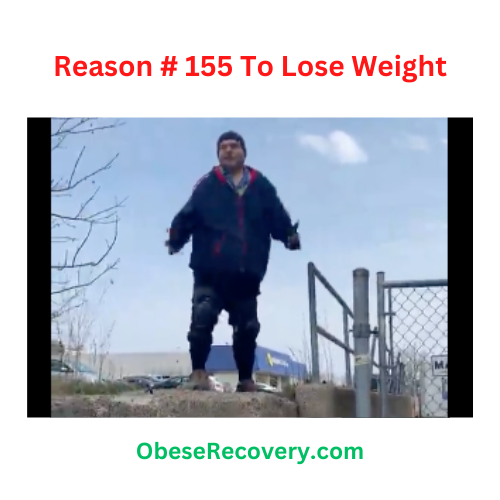
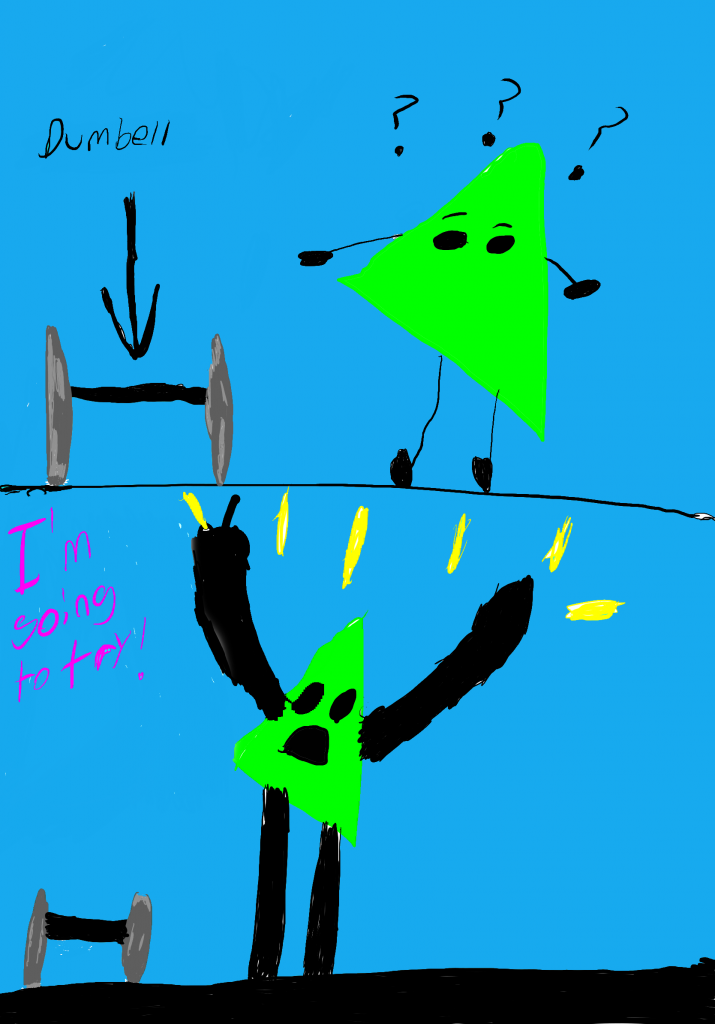
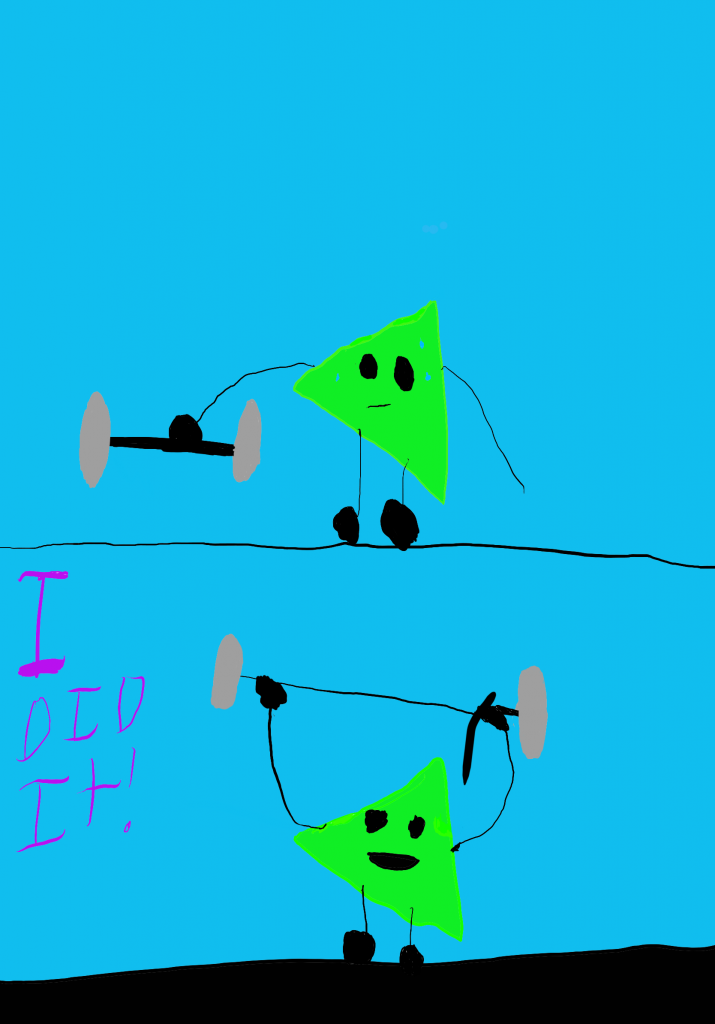
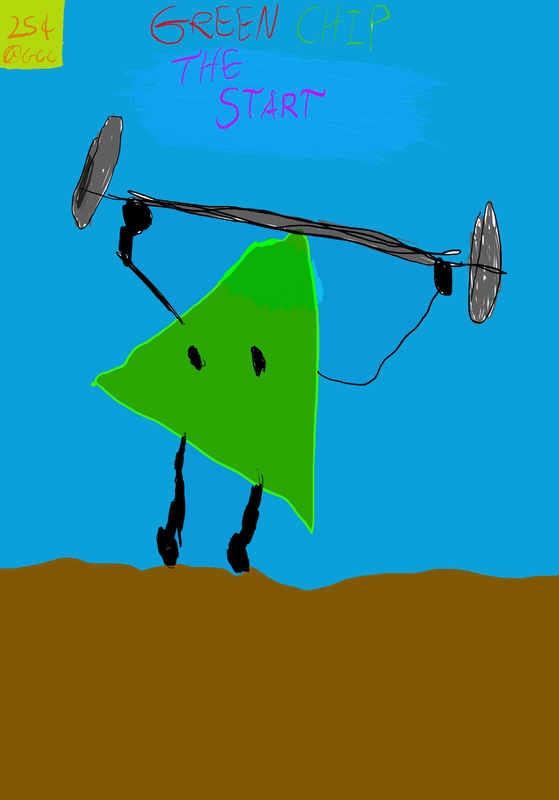
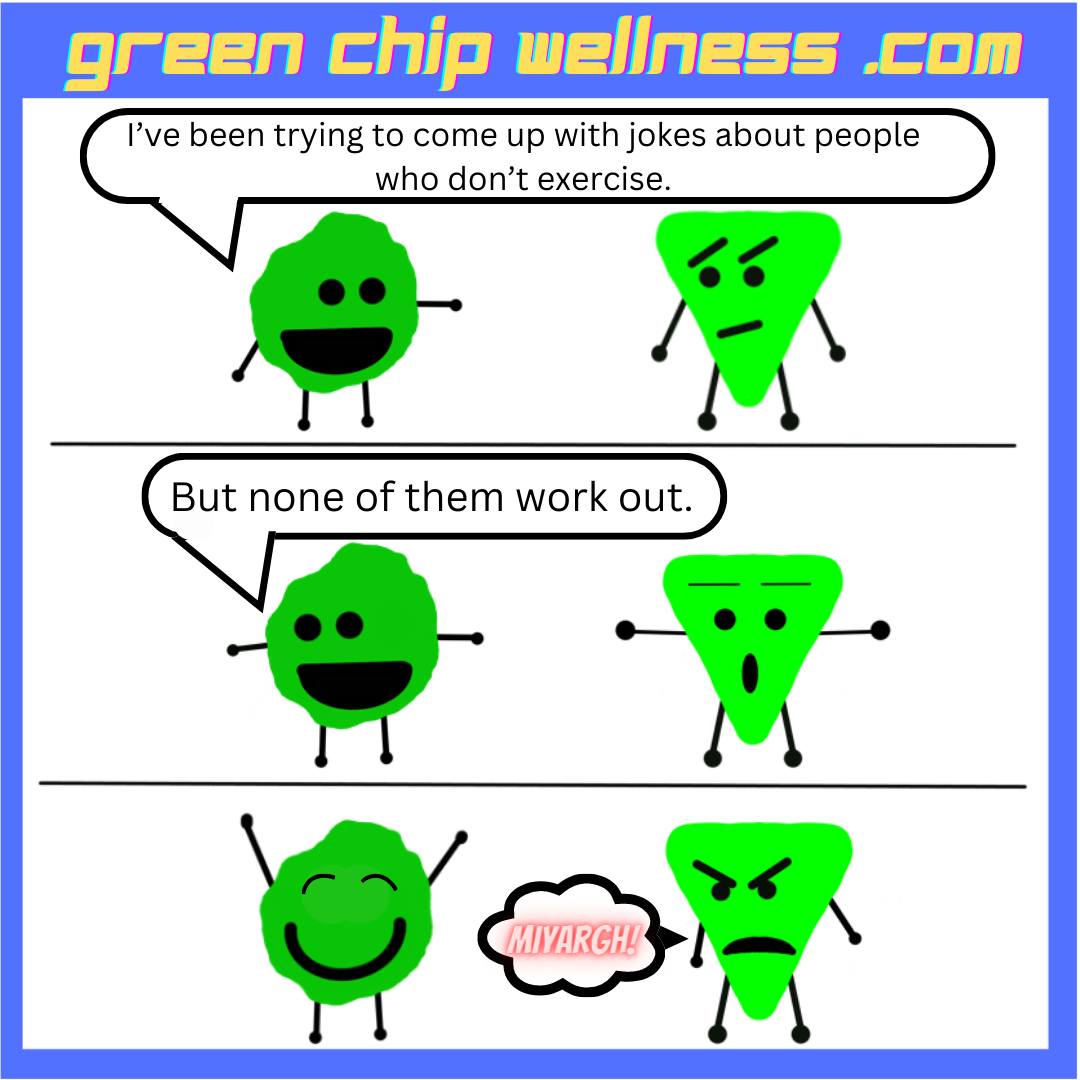
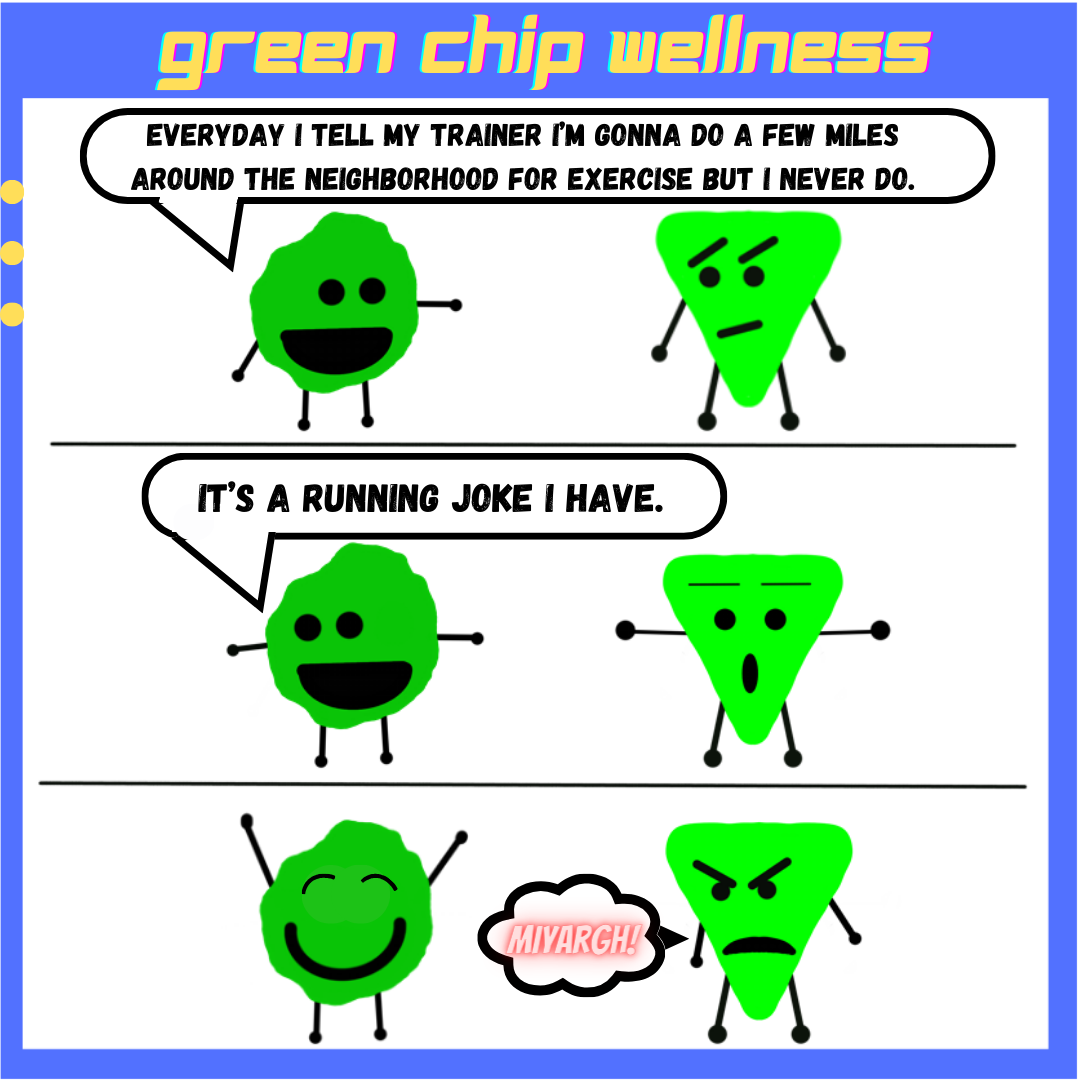


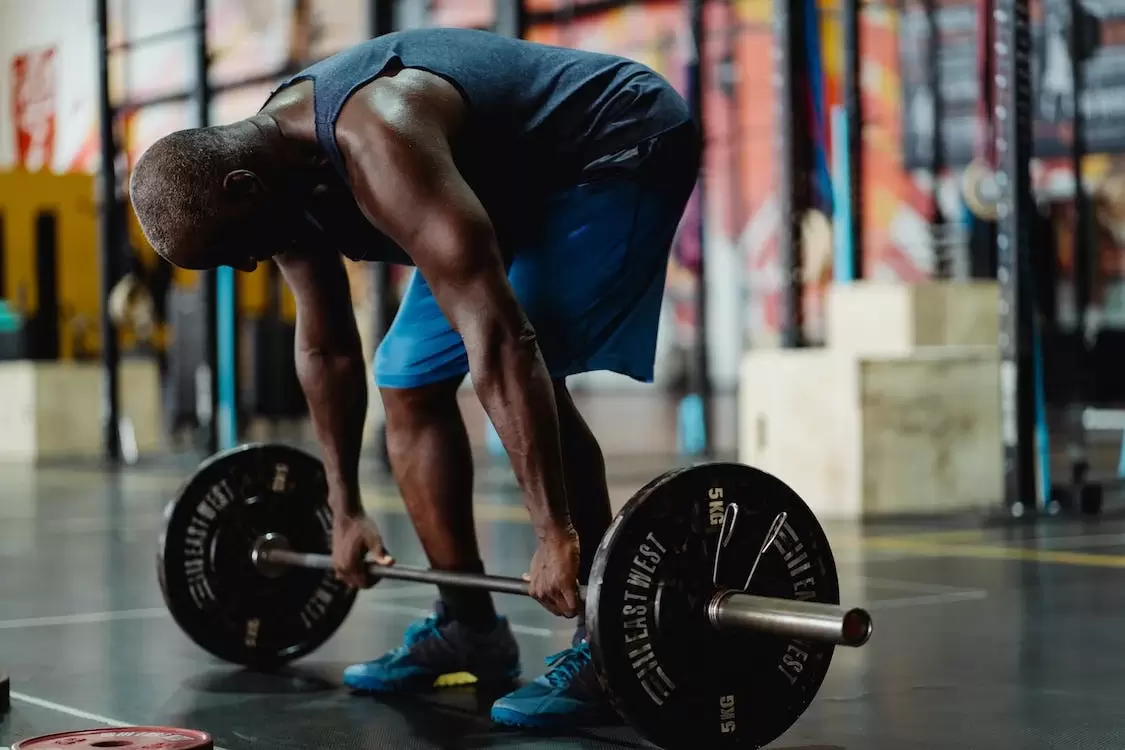
 RSS Feed
RSS Feed


